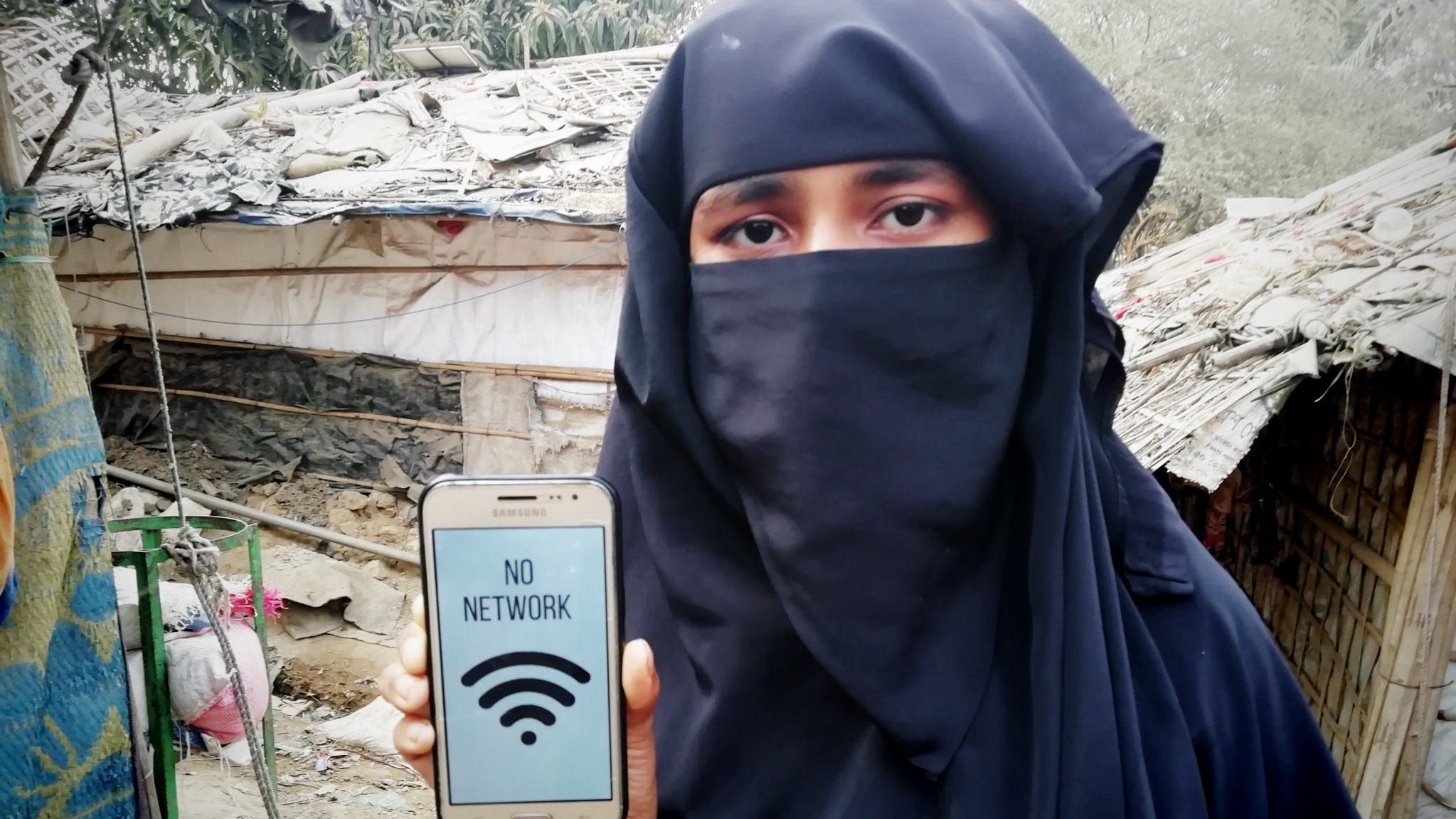- Culture
- SEE MORE
- classical
- general
- talk
- News
- Family
- Bürgerfunk
- pop
- Islam
- soul
- jazz
- Comedy
- humor
- wissenschaft
- opera
- baroque
- gesellschaft
- theater
- Local
- alternative
- electro
- rock
- rap
- lifestyle
- Music
- como
- RNE
- ballads
- greek
- Buddhism
- deportes
- christian
- Technology
- piano
- djs
- Dance
- dutch
- flamenco
- social
- hope
- christian rock
- academia
- afrique
- Business
- musique
- ελληνική-μουσική
- religion
- World radio
- Zarzuela
- travel
- World
- NFL
- media
- Art
- public
- Sports
- Gospel
- st.
- baptist
- Leisure
- Kids & Family
- musical
- club
- Health & Fitness
- True Crime
- Fiction
- children
- Society & Culture
- TV & Film
- gold
- kunst
- música
- gay
- Natural
- a
- francais
- bach
- economics
- kultur
- evangelical
- tech
- Opinion
- Government
- gaming
- College
- technik
- History
- Jesus
- Health
- movies
- radio
- services
- Church
- podcast
- Education
- international
- Transportation
- Other
- kids
- podcasts
- philadelphia
- Noticias
- love
- sport
- Salud
- film
- and
- 4chan
- Disco
- Stories
- fashion
- Arts
- interviews
- hardstyle
- entertainment
- humour
- medieval
- literature
- alma
- Cultura
- video
- TV
- Science
- en
Internet ban during the pandemic risks disaster- Rohingya

b'
On 22nd August of 2019, following a failed repatriation attempt, Foreign Minister A K Momen told journalists that he will seek to \\u2018reduce the comfort of the Rohingya so that they agree to return.\\u201d Within two weeks of his statement, Bangladesh authorities moved to ban mobile phone access in the camps, including the stoppage of sim card sales and internet services. Whilst a ban has existed since 2017, it was never enforced. Zakir Hossain Khan, the spokesman for the Bangladesh Telecommunication Regulatory Commission, gave the telecoms companies 7 days to comply. In summary, the Bangladeshi government cut access to 3G and 4G cellular services in the refugee camp areas of Teknaf and Ukhia.\\xa0
Refugee Views
In this episode, we speak to a Rohingya refugee from Kutupalong camp as well as a refugee from the No Man\\u2019s Land settlement. They describe how the harshness of refugee life has been compounded by being unable to communicate with family and loved ones.\\xa0
The Coronavirus pandemic has created a worldwide emergency. At the time of writing, Bangladesh has reported over 50 infections and 6 deaths due to the virus. On 2 April, 50 organisations wrote to Prime Minister Sheikh Hasina of Bangladesh requesting the restoration of internet services.\\xa0
\\xa0In this regard we spoke to Dr Ambia Perveen, a Rohingya physician based in Germany, about the pressing need for internet access during the coronavirus crisis. She argues that:\\xa0
\\u201cHealth is a human right. Awareness and information is vital now. And for that you need the internet. This is critically important not only for Rohingya but for their host community neighbours also.\\u201d
We also asked Nay San Lwin, a Rohingya activist, also based in Germany\\xa0. He said that:\\xa0
\\xa0\\u201cRestoration of the internet would provide assurance for everyone. It will promote compliance with health strategies that the camp authorities might want to implement and importantly prevent panic.\\u201d
Aid Community Views
The Inter Sector Coordination Group, the central coordination body for humanitarian agencies serving Rohingya refugees in Cox\\u2019s Bazar, has repeatedly stated in its sitreps that \\u201cUN agencies, Government representatives, NGOs and the entire ecosystem supporting refugees from within and around the camps struggles with basic communication and security telecommunications services.\\u201d They have additionally noted that \\u201cRohingya women continue to report facing additional risks, threats and barriers due to lack of access to mobile network, having SIM cards confiscated\\xa0..\\u201d
In this context, we hear from an NGO worker regarding the disruptive impact of the ban on her daily work. Additionally, we asked UNHCR for a comment. Louise Donovan told Kutupalong Podcast that\\xa0
Mobile and internet technology has been an important way for refugees to communicate with family and friends, as well as with humanitarian agencies regarding protection issues. Lack of connectivity also affects the ability of humanitarian agencies to disseminate information to refugees, get in touch with those who need help and to coordinate our own response in emergency situations. We have raised these challenges with the Government and understand that they are reviewing the situation.
Finally we asked George McLeod whether IOM had any comment on this matter. He sent us a short WhatsApp message.\\xa0
\\u201cI was given to understand the 3g blockage would be lifted\\xa0, but saw when I visited the camps that it is still in place.\\u201d
Presenter: Mirza Galib Reporter: Nur\\xa0Hossain
This is a public episode. If you would like to discuss this with other subscribers or get access to bonus episodes, visit rohingya.substack.com'